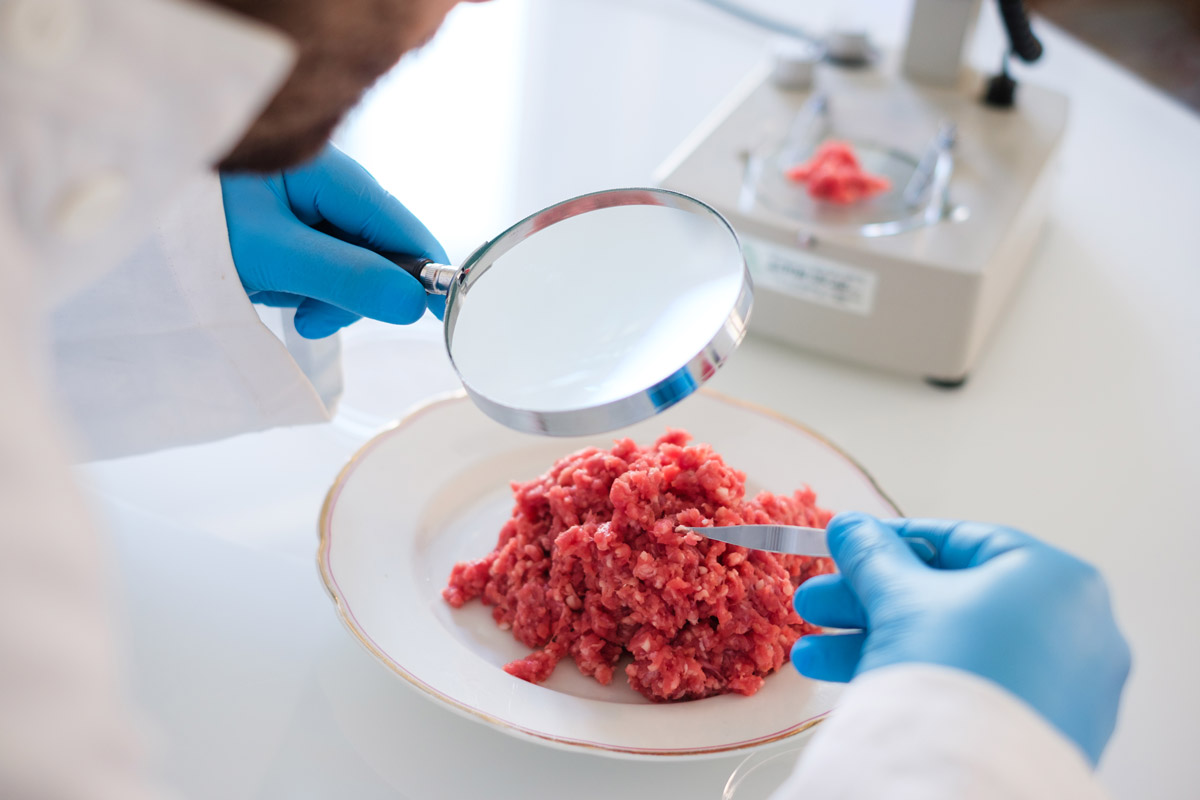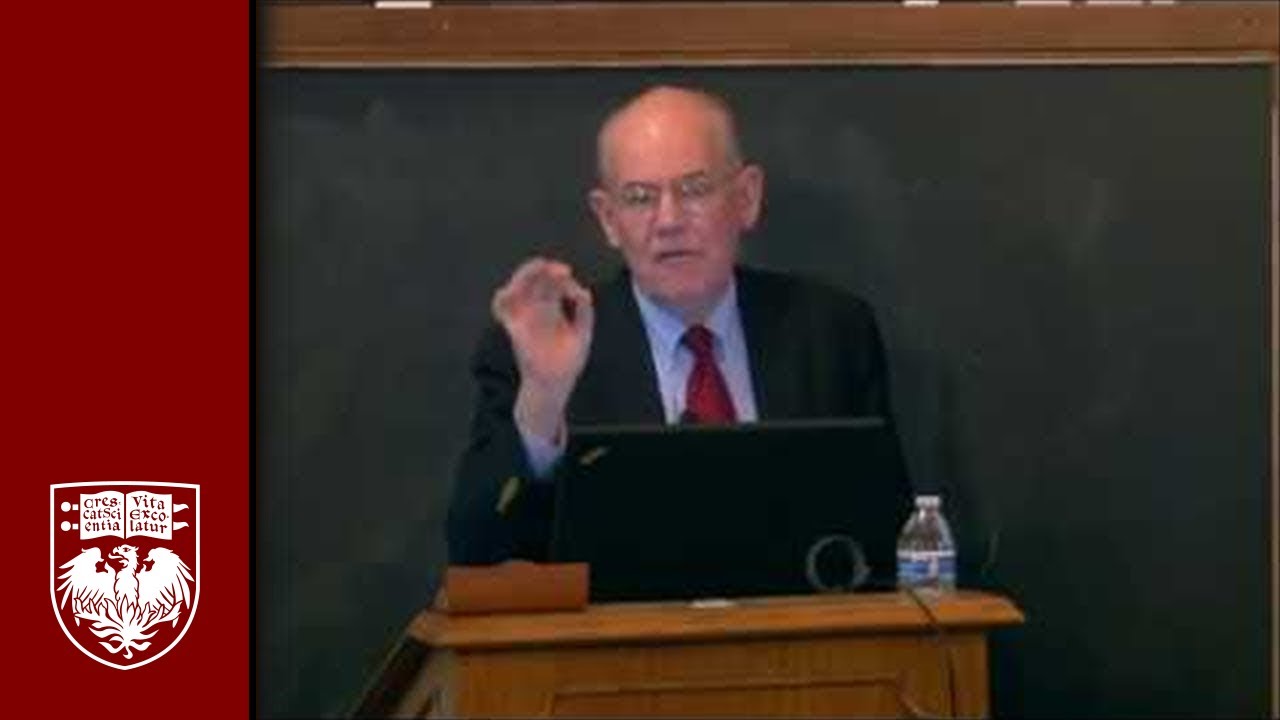christiansocialist [none/use name]
- 18 Posts
- 100 Comments
- christiansocialist [none/use name]@hexbear.netOPto
 4·1 year ago
4·1 year agoFew people were willing to give up their slaves voluntarily. Fuck off.
I actually think this is an apt analogy. Slavery wasn’t abolished because people magically realized it was wrong and “argued with ideas” in order to abolish it. Abolition only really became a movement after the mechanization from the Industrial Revolution made it possible to envision a society where production could continue along, even increase multi-fold, without the use of chattel slaves. Despite what you think of Aristotle, he was kind of right when he said that “when the looms spin by themselves, we’ll have no need for slaves” (https://en.wikiquote.org/wiki/Politics_(Aristotle)).
So carrying on the historical materialist analysis into the realm of animal liberation, it seems clear to me that no amount of convincing is going to change such a long standing practice like consuming meat unless there is a fundamental technological shift, not unlike how “liberals” in Britain and the North (USA) “suddenly realized” that “slavery was evil” only after their societies had started to industrialize. Only then did they “voluntarily” give up their slaves (and trade them in for factory workers, which is another topic altogether). It was the South (USA) that lagged behind because it still had a plantation based economy and thus held on to slavery. It couldn’t keep up in terms of production during the Civil War precisely because its industrial base to produce things like munitions, rail lines, etc. was undercapitalized compared to factories in the North. I mean think about it, why did a practice that had been around for centuries, in every society, suddenly get viewed as morally evil? And precisely in those areas (Britain and the northern USA) where industrialization had already started to take off?
Anyways, long story short, I think that a technological shift in the base is required before there can be a change in the superstructure with respect to ending conventional slaughter of animals for meat.
- christiansocialist [none/use name]@hexbear.netto
 2·1 year ago
2·1 year agoFrom what I see:
PR campaigns to try to “convince people with ideas” to change their ways is definitely more on the idealistic side.
Tech that fundamentally changes the means of production of a fundamental commodity in local, regional, national, and international markets seems more on the materialist side.
- christiansocialist [none/use name]@hexbear.netto
 3·1 year ago
3·1 year agobut the UK, where the mass media approach has been tried, has more than twice as many vegetarians per capita than the US.
I wonder how much of this is due to immigration from South Asia, where the rates of vegetarianism are higher.
- christiansocialist [none/use name]@hexbear.netOPto
 3·1 year ago
3·1 year agoFrom what I remember she used to be critical of “SJWs” during the gamergate/2016 era but it seems like now she just makes random vids on cultural topics. So maybe she’s still channeling some of that energy? I dunno, but the video itself seems to stand on its own after watching it myself.
- christiansocialist [none/use name]@hexbear.netOPto
 4·1 year ago
4·1 year agoYeah but on the positive she did shit on Thought Slime, which is good cuz they suck.
- christiansocialist [none/use name]@hexbear.netOPto
 5·1 year ago
5·1 year agoUgh bad take from her.
But the video is still pretty good though, would recommend checking it out.
- christiansocialist [none/use name]@hexbear.netOPto
 3·1 year ago
3·1 year agoIn the vid she says “we the liberal soccdem leftists whatever you want to call this space online” (6:27 in the vid). Seems more like Breadtube or Breadtube-adjacent to me. Either way she’s basically saying what I’ve seen people here on hexbear say and gets tons of upvotes for (i.e. the right talks to lonely young men, but the left either doesn’t or does a terrible job at it).
- christiansocialist [none/use name]@hexbear.netOPto
 4·1 year ago
4·1 year agoI don’t think so? The video was pretty good actually. She mentions, among other things, capitalism in general, housing affordability, lack of friendships, and all that other stuff in the video. I’d recommend checking it out. For what it’s worth her youtube bio says:
comedic social commentary from a left wing populist POV. stick around if you like loud screeching and bad memes.
- christiansocialist [none/use name]@hexbear.netto
 45·1 year ago
45·1 year agoAnd cuz he’s an aThEiSt
- christiansocialist [none/use name]@hexbear.netto
 13·1 year ago
13·1 year agoi pitty every trans person still holding out there.
I wonder why they are even in there tbh. Like what’s the appeal at this point?
- christiansocialist [none/use name]@hexbear.netto
 52·1 year ago
52·1 year agoclaiming that queer people are faking it is incredibly and offensive. Stop doing it. You would not claim that a black man isn’t really black because he says something you disagree with because you’d get knocked the hell out. Don’t claim people’s identities are fake because our politics are to the left of yours. You’re literally just abusing other lgbt people with that sentiment by essentially stating “unless your politics align with mine I will deny you the right to your gender”.
That’s precisely what a Russian shill would say to try to obfuscate the issue. I would know, I learned about whataboutism and those tactics in my political science 101 class. I only had to take that class because its a required core elective for my STEMlord degree. So back the fuck off TANKIE!

- christiansocialist [none/use name]@hexbear.netto
 41·1 year ago
41·1 year agoYou guys all rent, so I was wondering: how much should I charge? Comparables around here are $900-1200/mo, but I don’t want to screw the guy.

- christiansocialist [none/use name]@hexbear.netto
 6·1 year ago
6·1 year agoNo, those who are lead to reactionary figures is irregardless of dating someone.
That seems essentialistic.
Not to mention so many of these people that complain about this are below 22, at which dating is viewed as uncommon among most of the normal population anyway
??? What are you talking about?

















Removed by mod